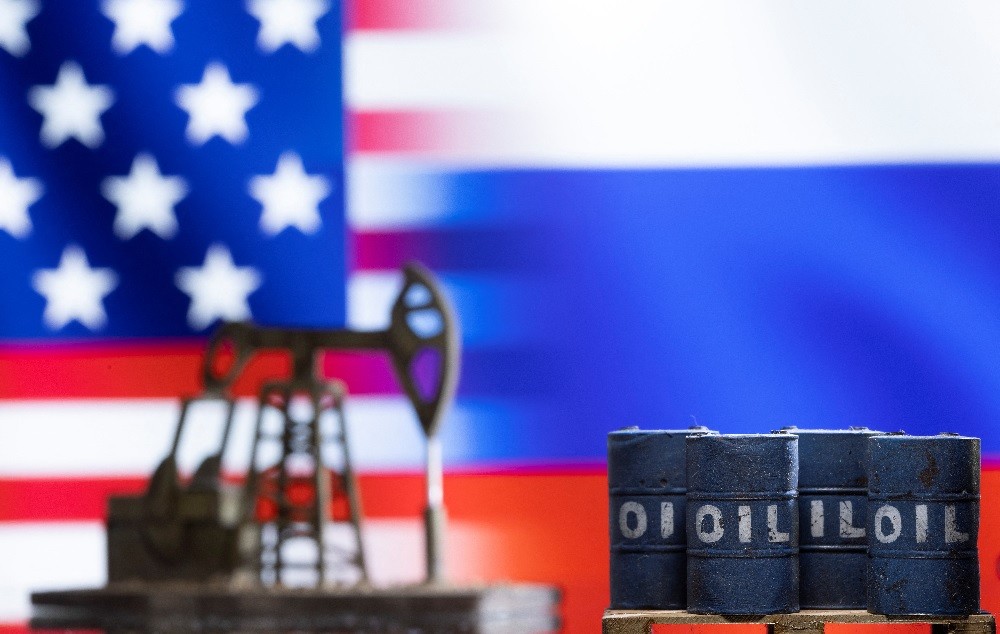 |
| By the end of 2022, the West will impose a price ceiling on Russian seaborne crude oil at $60/barrel. (Source: Reuters) |
“We want market participants to know that the United States takes this price ceiling very seriously,” Ms. Yellen said.
Previously, on September 29, in an interview with Bloomberg news agency, Minister Yellen admitted that the Group of Seven (G7), the European Union (EU) and Australia's attempts to cap Russian oil prices were not as effective as the West had hoped.
"The effectiveness of the price cap has diminished, with Russian crude hovering around $80 to $90 a barrel, much higher than $60. Moscow spends a lot of money, time and effort to support oil exports. We are prepared to act. The G7 will consider over time how we can make the price cap mechanism more effective," the official said.
In September, Russia's Urals crude oil exports averaged $85 per barrel, about $25 higher than the G7 and EU price ceilings.
At present, a large volume of this country's crude oil is still being transported on Western ships.
Figures from the Center for Research on Energy and Clean Air (CREA) show that between September 29 and October 1, 37% of Russia’s fossil fuel exports were shipped on vessels owned or insured by G7 or EU countries. Russia’s fossil fuel profits totaled $4.68 billion during that period.
In its progress report on the implementation of the price cap earlier in May, the US Treasury Department assessed: “Despite initial market skepticism, market participants and geopolitical analysts acknowledge that the price cap is accomplishing two goals: reducing Russia’s revenues and keeping its crude oil out of the world. The price cap has caused the country’s oil tax revenue to fall by 44%.”
However, according to Bloomberg, Moscow has succeeded in establishing a network of shipping and insurance companies to replace Western businesses.
Meanwhile, some experts say a large "dark fleet" of oil tankers has helped Russia ship oil above the price ceiling to the world market.
In August 2023, about 75% of fuel shipments by sea were carried out without marine insurance by Western companies, which is Moscow's main tool for enforcing the embargo, according to the analytics company Kpler.
Shipping experts estimate that Russia will acquire around 600 tankers outside of contract to bolster its “shadow fleet” by 2022, at an estimated cost of at least $2.25 billion.
The Wall Street Journal said it was "an expensive feat." The cost of the "dark fleet" tankers and the additional insurance that Russia must underwrite could add $36 a barrel to the cost of oil exports.
Another loophole in Western sanctions is that it allows countries to buy oil through third parties. Take India, for example. This country does not participate in the price cap mechanism and has increased its purchases of discounted oil from Russia. Not only has it become a major customer of Moscow oil, New Delhi is on track to become the largest supplier of refined fuels to Europe.
The South Asian nation's refineries take advantage of buying oil at cheap prices, refining it into fuel and selling it to the EU at competitive prices.
"Russian oil is finding its way back to Europe despite all the sanctions," said Viktor Katona, chief crude oil analyst at Kpler.
In December 2022, the EU, G7 and Australia imposed a price ceiling on Russian seaborne crude at $60 a barrel. The US and its allies banned Western companies from providing insurance and other services for Russian crude shipments unless the goods were purchased at or below the price ceiling. The mechanism is intended to force Russia to continue exporting large volumes of oil to prevent global prices from spiking, but reduces the revenue Moscow receives from crude sales. |
Source


![[Photo] Cutting hills to make way for people to travel on route 14E that suffered landslides](https://vphoto.vietnam.vn/thumb/1200x675/vietnam/resource/IMAGE/2025/11/08/1762599969318_ndo_br_thiet-ke-chua-co-ten-2025-11-08t154639923-png.webp)







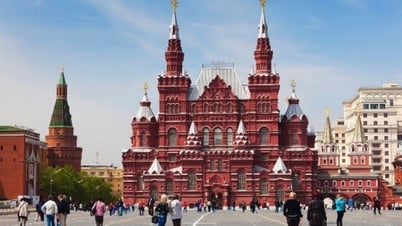
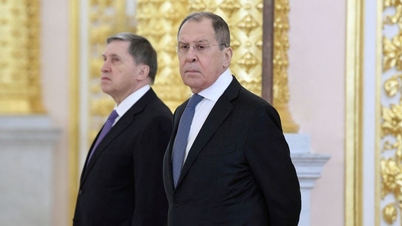








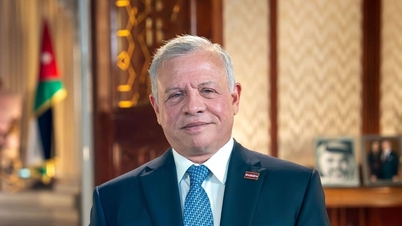


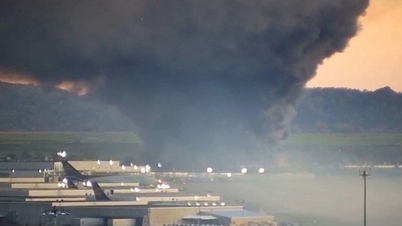




















![[Video] Hue Monuments reopen to welcome visitors](https://vphoto.vietnam.vn/thumb/402x226/vietnam/resource/IMAGE/2025/11/05/1762301089171_dung01-05-43-09still013-jpg.webp)
















































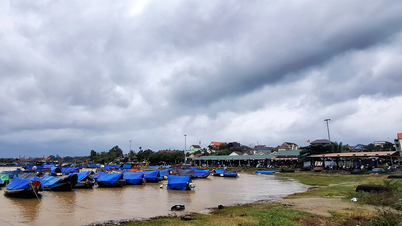



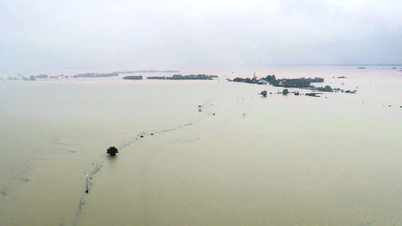












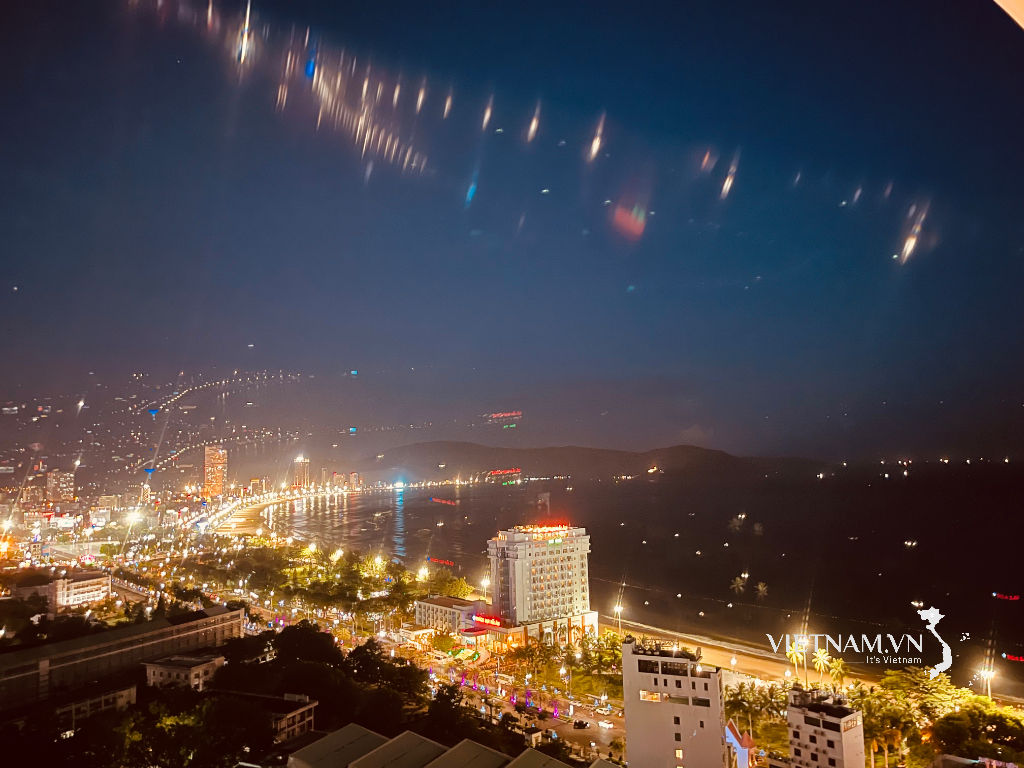

Comment (0)